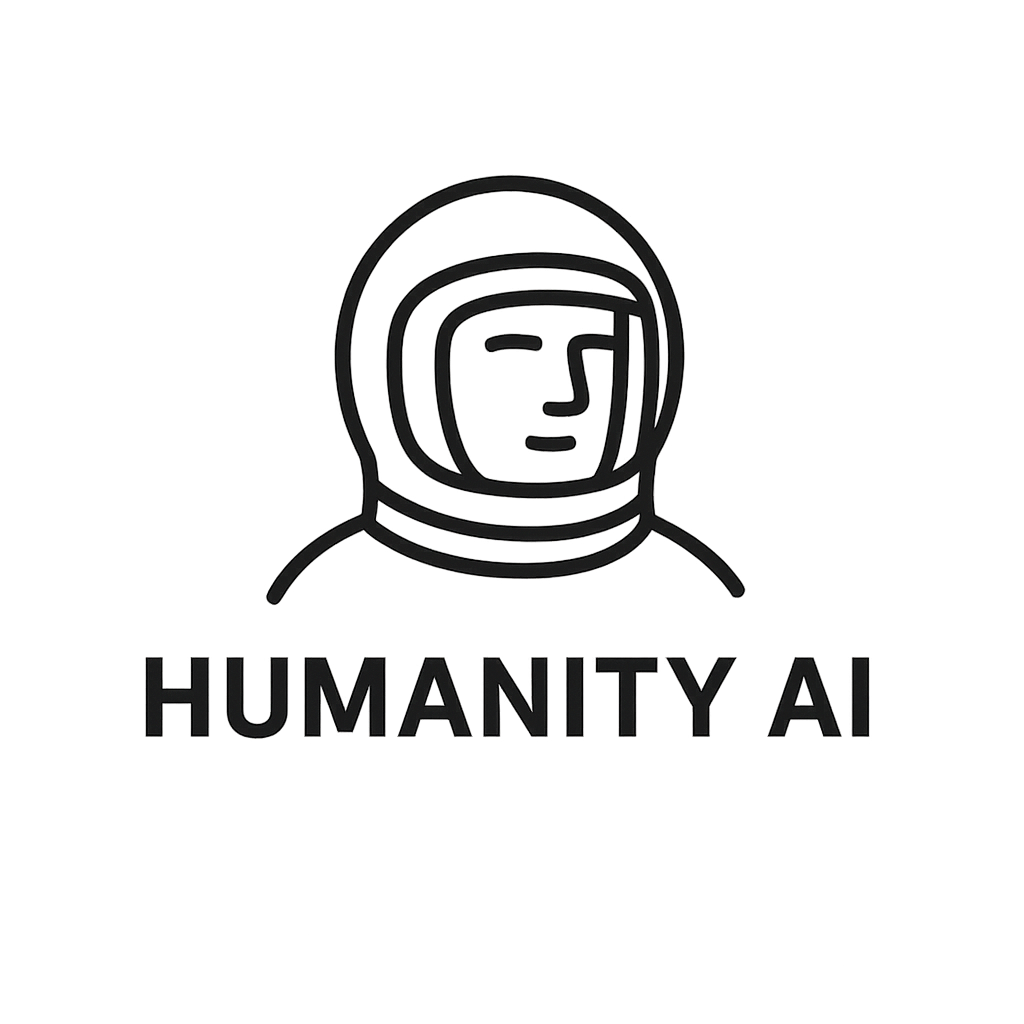Enterprise AI in 2025: From Experimentation to Execution
In 2025, enterprise AI has evolved from a buzzword to a business imperative. Organizations are moving beyond pilot projects to fully integrated AI systems that drive measurable outcomes. Here's how leading enterprises are leveraging AI to transform operations, enhance decision-making, and gain a competitive edge.
1. AI Agents: From Co-Pilots to Autopilots
AI agents are transitioning from simple task assistants to autonomous systems capable of executing complex functions with minimal human input. These agents, powered by large language models (LLMs), can analyze data, learn from interactions, plan actions, and adapt to changing contexts. Industries such as finance, healthcare, and logistics are deploying AI agents to automate processes, improve efficiency, and reduce costs. While full autonomy is still a work in progress, the shift towards more capable AI agents is evident across sectors.
Source: Financial Times
2. Building Trust Through Governance
Despite the rapid adoption of AI, trust remains a critical barrier. A Deloitte report highlights that fewer than 10% of organizations have adequate frameworks to manage AI risks, leading to concerns about fairness, bias, and transparency. Companies with mature AI governance structures not only mitigate these risks but also experience higher staff adoption rates and revenue growth. Investing in workforce skills and fostering a culture of ethical AI use are essential steps towards building trust and unlocking AI's full potential.
Source: The Australian
3. Real-World Applications: Case Studies
Mastercard
Utilizes AI to enhance fraud detection systems, analyzing up to 160 billion transactions annually. Their Decision Intelligence system assigns real-time risk scores to transactions, identifying potential fraud within 50 milliseconds.
Source: Business Insider
Toyota
Implemented an AI platform enabling factory workers to develop and deploy machine learning models, resulting in a reduction of over 10,000 man-hours per year and increased productivity.
Source: Google Cloud
Qualtrics
Leverages agentic AI to enhance customer and employee experiences, providing intelligent, context-based, real-time responses and solutions across various industries.
Source: Business Insider
4. Overcoming Employee Resistance
Employee skepticism towards AI tools can hinder adoption. A study by Duke University found that workers using AI tools are often perceived as less competent by their peers. To counteract this, companies like Colgate-Palmolive have created internal AI hubs, allowing employees to develop personalized AI assistants, thereby increasing acceptance and engagement.
Sources: Economic Times, Business Insider
5. The Road Ahead: Strategic Implementation
As AI continues to mature, enterprises must focus on strategic implementation:
- Integration: Seamlessly incorporate AI into existing workflows and systems.
- Customization: Develop AI solutions tailored to specific business needs and contexts.
- Scalability: Ensure AI systems can scale with organizational growth and evolving requirements.
- Ethics and Compliance: Establish robust governance frameworks to address ethical considerations and regulatory compliance.
By prioritizing these areas, enterprises can harness the transformative power of AI to drive innovation, efficiency, and competitive advantage in the years to come.
"The most successful organizations in 2025 won't be those that simply adopt AI, but those that strategically integrate it into their core business processes and culture."
